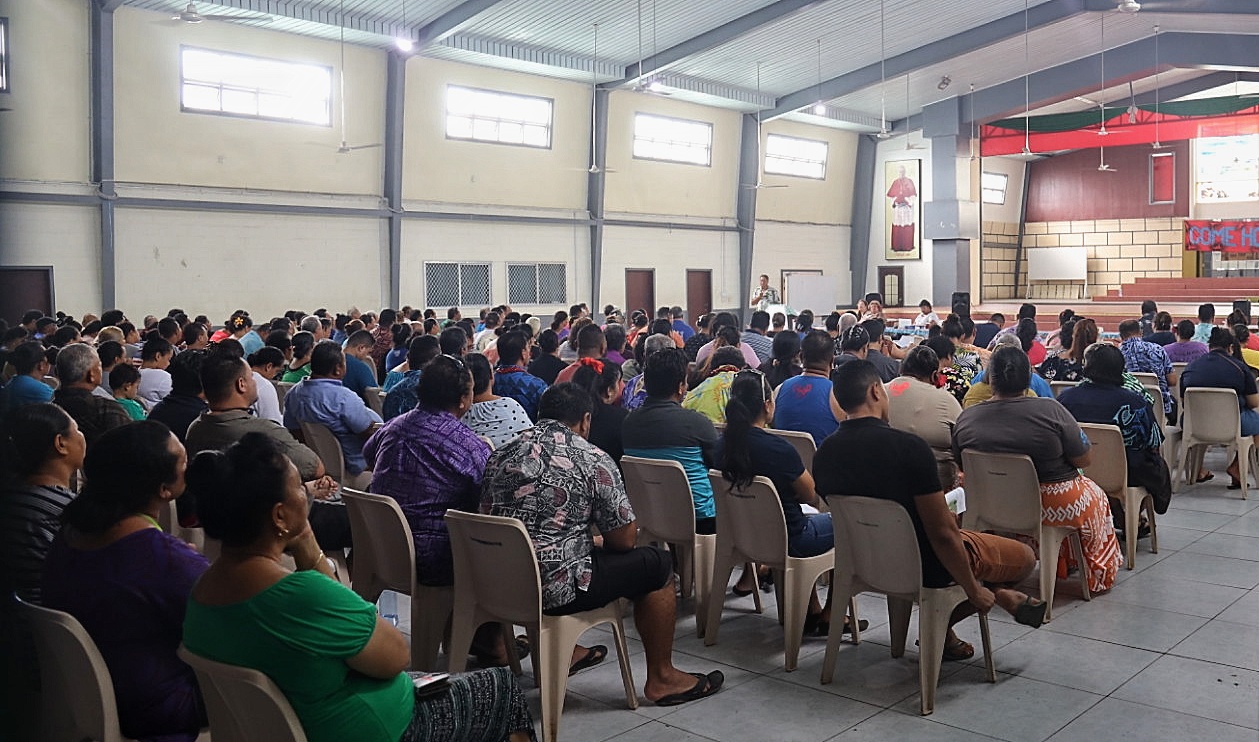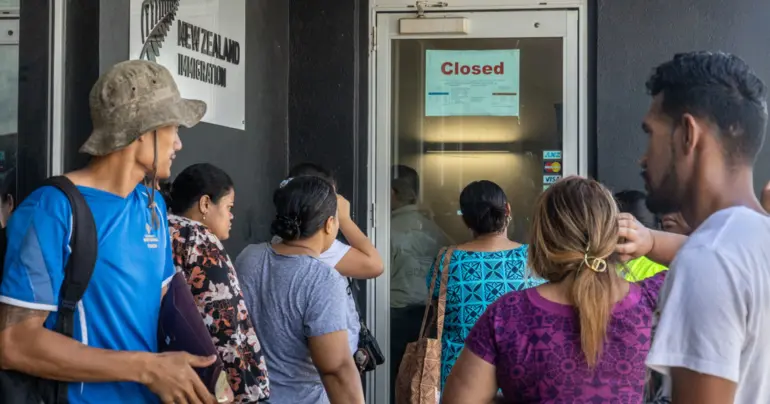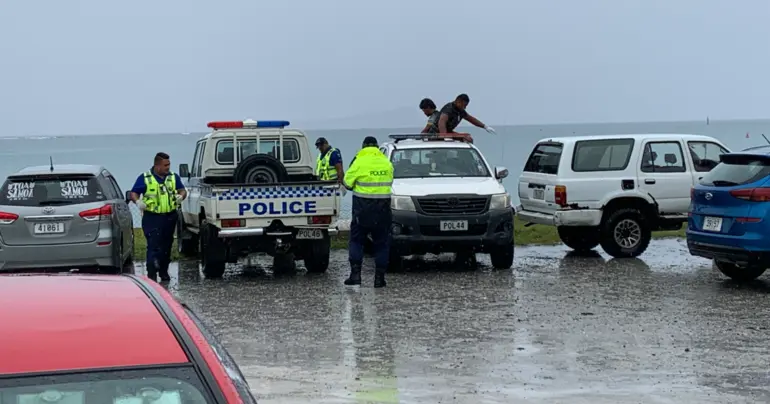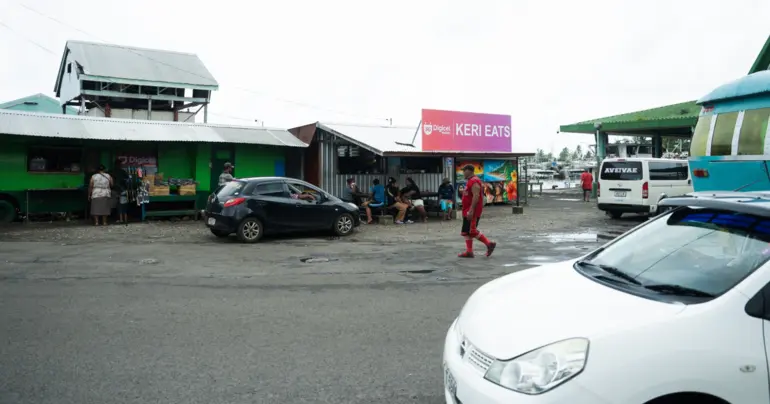P.S.A. misfiring on labour union front
Much has been said and written about the Public Service Association (P.S.A.) and their attempts to meet with the Prime Minister to raise their concerns on issues relating to public servants’ welfare.
The association has a long history in Samoa intertwined with public servants and public service, and its years of prominence have coincided with some of the watershed moments in our nation’s history.
This includes the 1981 public service strike led by the P.S.A. against the Public Service Commission (P.S.C.) in the last days of the Tupuola government before the general election. The strike has gone into the annals of history as Samoa’s first major industrial action organised and led by a labour movement.
Four decades later and the P.S.A. has risen to prominence again, but this time after a general election and following a tumultuous government transition, which was hijacked by the country’s oldest political party, and only got back on track due to the interventions of the Supreme Court and the Court of Appeal.
So it has been a while since the association flexed its union muscle and took on a government – until after this year’s 2021 General Election which saw the defeat of the Human Rights Protection Party (H.R.P.P.) and the legitimation of the new Fa’atuatua i le Atua Samoa ua Tasi (F.A.S.T.) party by the Court to become the new governing administration.
However, questions remain over the motives of the P.S.A. to take the new F.A.S.T. Government to task following the exit or axing of selected Government Ministries’ C.E.O.s, when the conduct of some of these former top bureaucrats left a lot to be desired, in terms of their commitment and loyalty to the government-of-the-day.
Some of the former top public servants the P.S.A. referred to – in a letter the association wrote to Prime Minister Fiame Namo Mata’afa – included the the former C.E.O. of the Ministry of Finance, the former Attorney General, the former Clerk of the House and the former C.E.O. of the Ministry of Women Community and Social Development.
The P.S.A. President Lealaisalanoa Karamellie Tuala has denied they are trying to undermine the Government-of-the-day or play politics in cahoots with the H.R.P.P. and believes some of the decisions of the F.A.S.T. administration which led to the top civil servants’ exit were illegal.
“We believe that some of the decisions that have been made were not according to the law,” she said.
But what law is she referring to when the conduct of some of these former bureaucrats were questionable from the first day of the four-month constitutional crisis?
Did the P.S.A. President see how the former top public servants, such as the former Attorney General and the former Clerk of the House, conduct themselves at the height of the constitutional crisis and through their actions (or lack of it) only exacerbated the crisis?
Surely, as the head of the country’s only public service-focused union, Lealaisalanoa would have kept herself abreast with the developments at that time and used every opportunity to remind P.S.A. members of their loyalty to the public.
In fact the P.S.A. executives including Lealaisalanoa were missing in action for the duration of the crisis. And only swung into action after the H.R.P.P. started crying foul following the exit of the various senior bureaucrats.
Some say the timing – between the party’s criticism and the P.S.A. becoming involved could be coincidental – but we will reserve our judgement on that front and leave it to our readers to decide.
To give you some perspective, let us go back a few years and look at some of the major controversies that had befallen members of the public service.
Where was the P.S.A. when the Cabinet decided to revoke the appointment of the Samoa International Finance Authority (S.I.F.A.) Chief Executive To’oto’oleaava Dr. Fanaafi Aiono-Le Tagaloa in 2019 without stating its reasons behind her termination?
And what about the amendments in 2017 that the previous government introduced that forced the resignation of a spouse who had a husband or a wife also working in the Ministry of Police? Why didn’t the P.S.A. take up the case at that time on behalf of affected members in the Police Ministry?
And there is the case of Sua Rimoni Ah Chong, a public servant and former Controller and Chief Auditor of Samoa who was threatened when his work in the early to mid-1990s exposed corruption at the highest levels of Samoa’s government?
The absence of consistency in how the P.S.A. deploys and uses its union muscle to fight for ordinary, hard-working and honest public servants, from our point of view, is obvious and embarrassing to say the least.
Which brings us to recent attempts by the association to meet with the Prime Minister in order to raise its concerns about the purported forced exit of various Government Ministry C.E.O.s immediately after the Court's confirmation of the F.A.S.T. administration’s lawful appointment.
Prime Minister Fiame recently announced she will not meet with the association, saying the P.S.A. wanted to raise the “same issues” and the P.S.C. has already responded to their concerns.
We don’t blame the Prime Minister for taking a hardline: she has a nation of over 200,000-plus people to govern and deliver essential services to.
And for what it is worth, we continue to question the motives of this once esteemed organisation. In recent months it has cherry-picked issues and chosen to do battle for a political party which based on April’s election and the recent by-election results has lost touch with Samoa’s voters.
Tags











